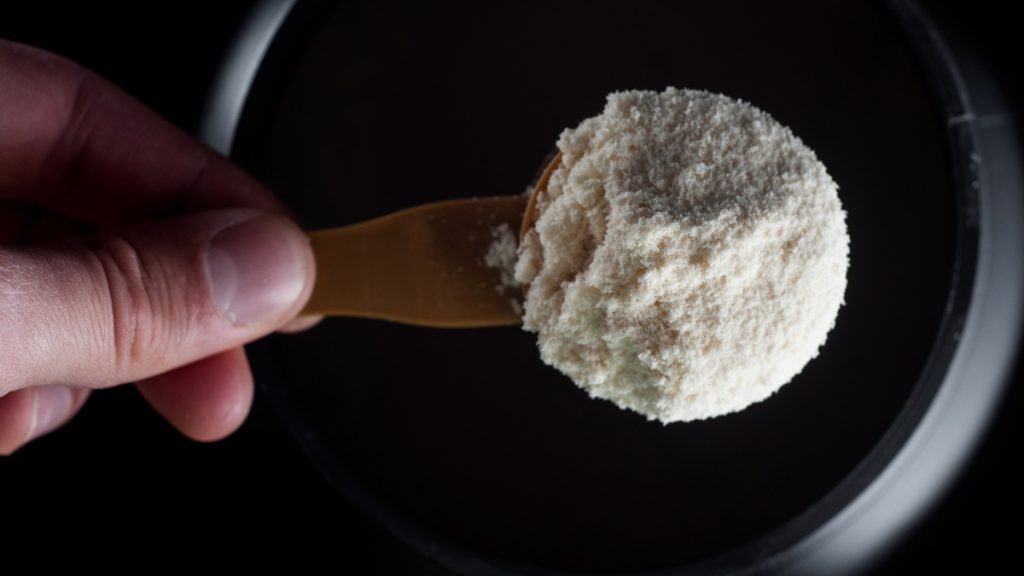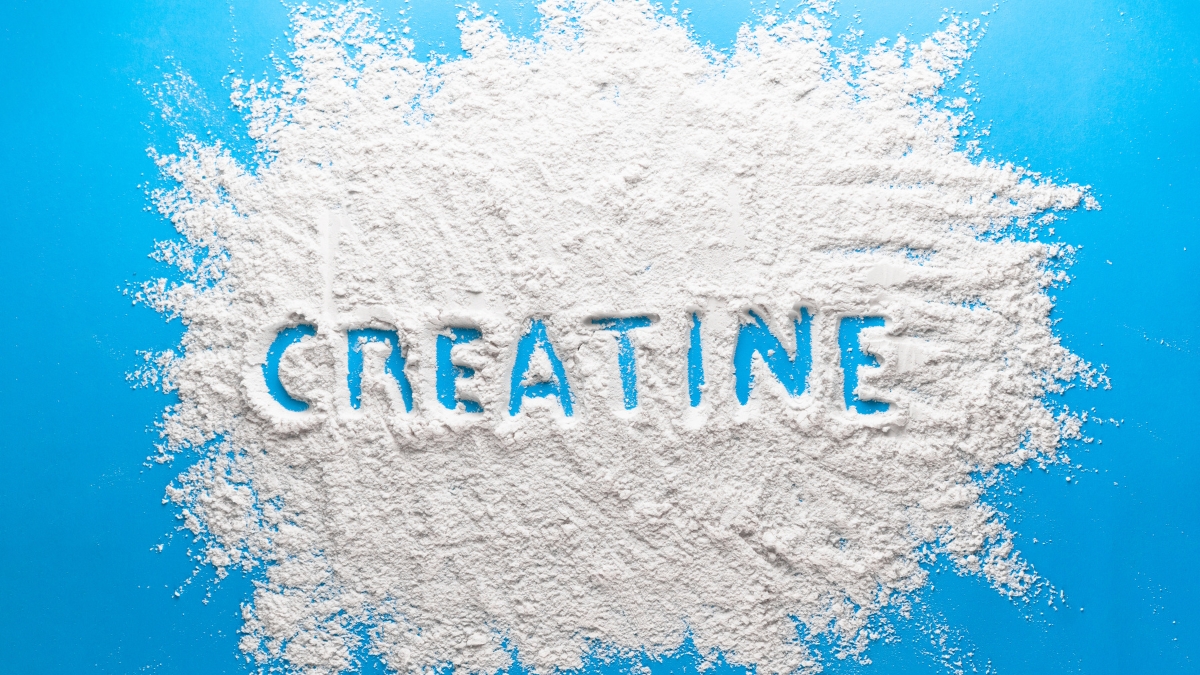 Medically verified by Dr. Mian Farhan Haider MS. RD.
Medically verified by Dr. Mian Farhan Haider MS. RD.
Creatine has become one of the most discussed supplements. It is being used by everyone from gym goers to professional athletes. Is it as useful as it is thought to be? Or are there any side effects of using it? In this article, we examined, based on scientific evidence and rumors, as well as expert advice, whether we should use creatinine or not.
What Is Creatine, anyway?
Creatine is a naturally occurring compound which is found in small quantities in our food like red meat, seafood; even our body uses it in small quantities. It acts as a backup fuel source for muscles – it helps in the regeneration of ATP and its molecules are capable of being used quickly where we need instant energy. Hence it is quite famous among weightlifters and sprinters because they need power along with speed.

Health Benefits: Why People Swear by It
- International research has proven that the use of creatine supplements improves muscular strength, increases power output and increases lean muscle mass – especially when used with resistance training.
- The use of creatine has been shown to improve post-workout recovery and helps significantly against muscular cell damage and inflammation.
- New studies confirm that the use of creatine improves memory, and creatine supplements are very helpful during mental fatigue and anxiety, especially for older adults.
- Researchers are investigating how the use of creatine can help in recovery from muscular dystrophies, neurodegenerative diseases (Parkinson’s disease) and brain injuries.
The Possible Risks: Is There a Catch?
If we eat anything or make choices for our body, we need to consider its downsides as well. However, most research shows that creatine supplements are safe and well tolerated by young adults when taken in the recommended amount, but there are some concerns about this that are still unknown.
There are prevalent rumors that creatine supplements can stress out our kidneys. But on the other hand, clinical trials and studies have not confirmed this yet. Yes, people who already have impaired kidneys should avoid creatine.
Creatine pulls water into our muscles, due to which some people may feel that they have gained weight after using it. Some people may feel happy with this or some may find this a problem.
High dosage and poor quality of creatine supplements can cause stomach cramping, diarrhea and nausea .
Expert Perspectives: The Science vs. The Hype
According to leading nutritionist of Pakistan Dr Mian Farhan Haider MS. RD. and other colleagues creatine supplements can be effective and safe if taken in a controlled amount according to the recommendations of nutritionists and dietitians. Even the international society of sports nutrition rates it as one of the most researched and beneficial supplements. Still experts say it is not a magic pill: gains come from consistent training, balance diet and realistic expectations.
Is Creatine Right for You?
The bottom line – Using creatine can be beneficial for people who consume it to gain strength, power and long lasting brain health. But if you have an underlying medical issue or you have unique health needs then it’s good to consult with your Doctor or Certified Dietitian. At the end of the day think of creatine as a tool- not a shortcut. Remember consistency and doing the right things will help you great on your fitness journey with minimized health risks.

